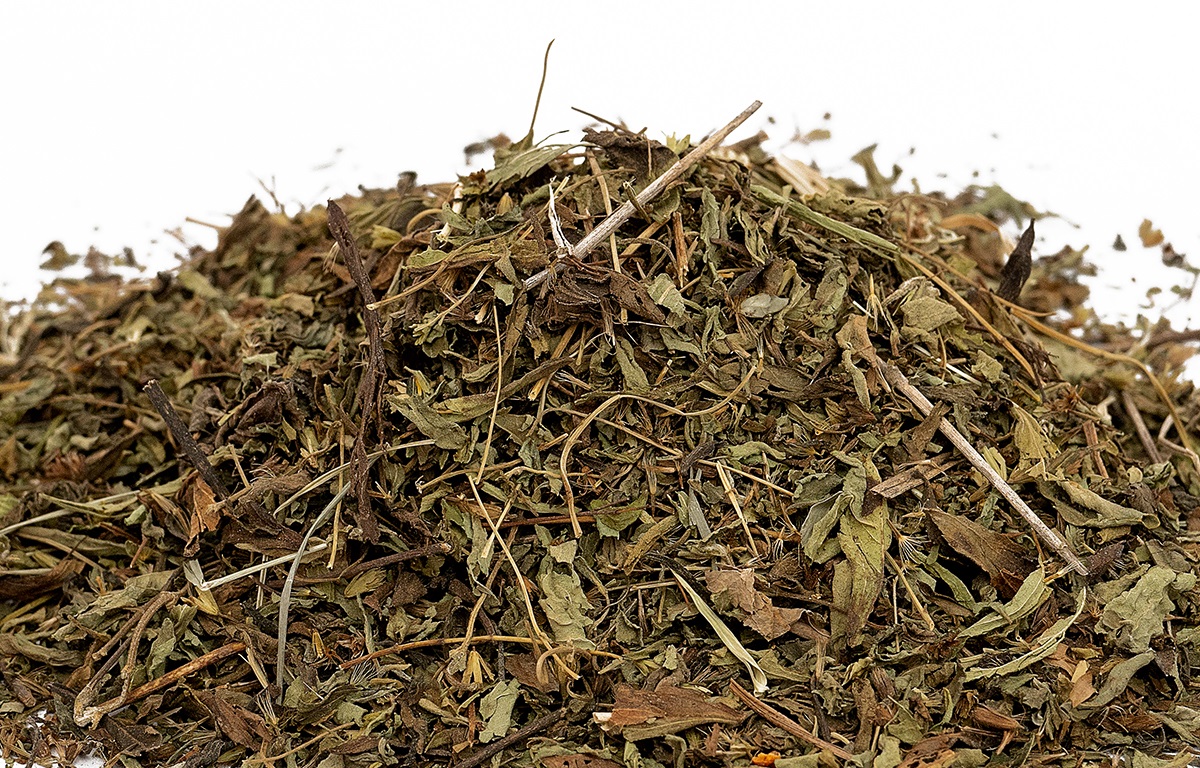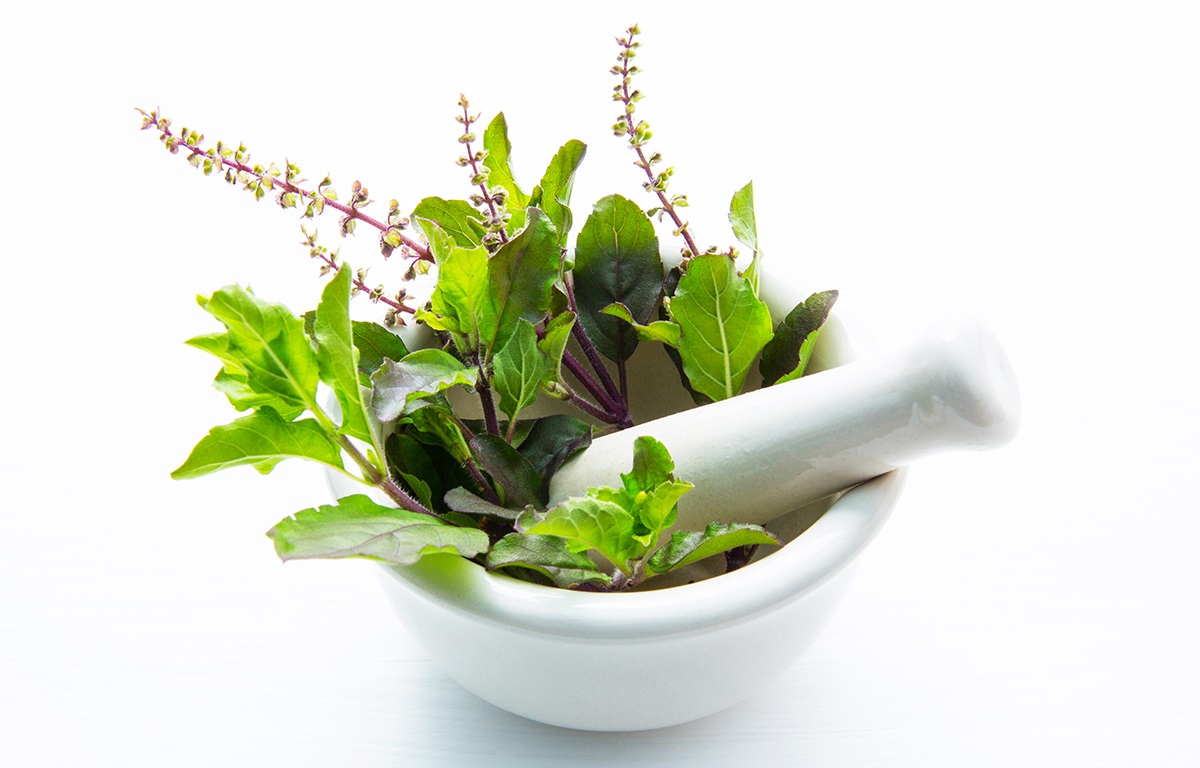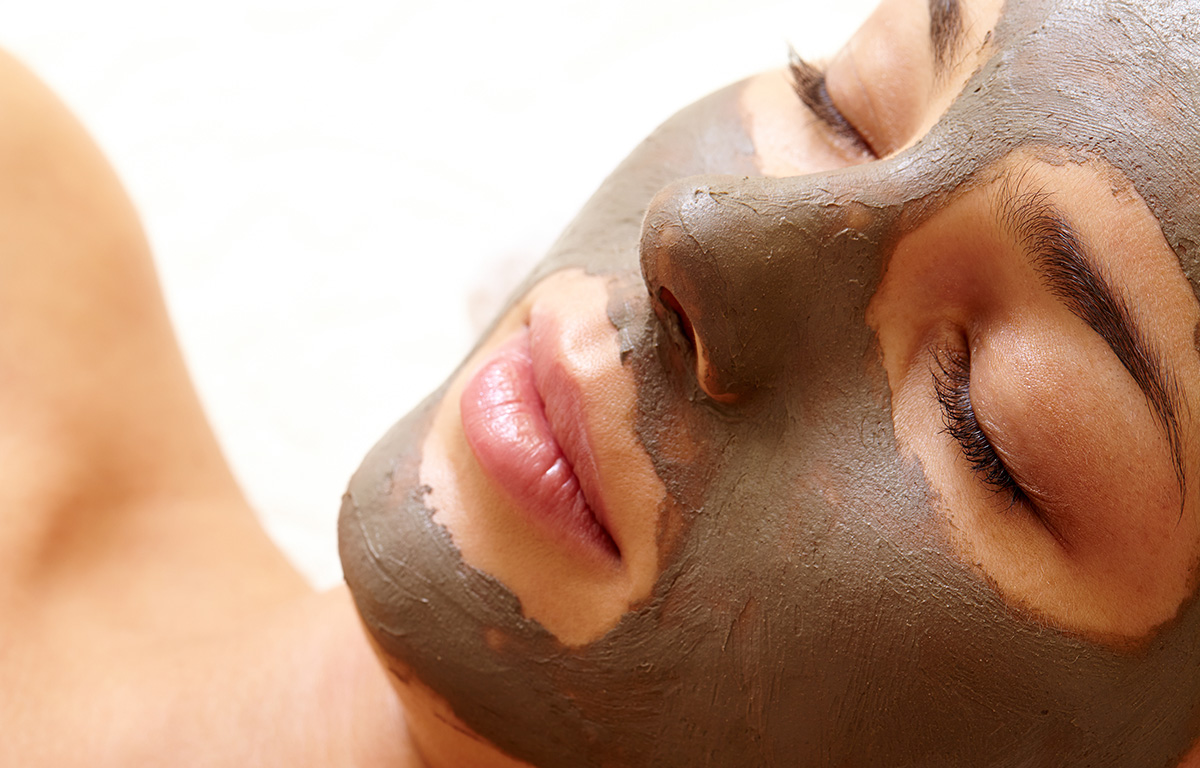Rama Tulsi, also known as Ocimum Sanctum, is a versatile herbal ingredient that has been transforming Ayurvedic and cosmetic products for centuries. With its myriad of benefits and powerful healing properties, it’s no wonder that this natural wonder has gained immense popularity in recent years. From skincare to hair-care, tulsi powder offers a holistic approach to beauty and wellness. Packed with antioxidants and anti-inflammatory compounds, it helps to rejuvenate the skin, reduce acne, and promote a youthful glow. In addition, its antimicrobial properties help to combat scalp infections, strengthen hair follicles, and stimulate hair growth. Whether it’s in the form of face masks, hair oils, or herbal teas, tulsi powder has become a staple ingredient in the beauty industry. Join us as we delve into the many faces of tulsi powder and discover how it can revolutionize your skincare and hair-care routine, bringing you closer to nature’s ultimate gift of beauty and well-being.

The history and significance of Tulsi in Ayurvedic medicine
Tulsi, also known as holy basil, holds a sacred place in Ayurvedic medicine, dating back thousands of years. Known as the “Queen of Herbs,” tulsi is revered for its medicinal properties and is considered a symbol of purity and divine protection. In Ayurveda, it is believed to balance the doshas, or energies, within the body, promoting overall health and well-being.
Tulsi has been used in Ayurvedic medicine to treat a variety of ailments, including respiratory disorders, digestive issues, and skin problems. Its leaves, stems, and seeds are all used in different forms to extract the therapeutic benefits of this herb. Tulsi powder, made by grinding dried tulsi leaves, is one of the most popular forms for consumption and external application.
The benefits of Tulsi powder for skin and hair

Tulsi powder is packed with antioxidants, such as vitamin C and eugenol, which help to fight free radicals and protect the skin from damage caused by environmental factors. It also contains anti-inflammatory compounds that soothe irritated skin and reduce redness. These properties make tulsi powder an excellent ingredient for addressing various skin concerns, including acne, blemishes, and signs of aging.
When used in haircare, tulsi powder helps to strengthen hair follicles, promote hair growth, and prevent scalp infections. Its antimicrobial properties inhibit the growth of bacteria and fungi, reducing dandruff and itching. Regular use of tulsi powder can improve the overall health and appearance of your hair, making it stronger, shinier, and more manageable.
How Tulsi powder is used in Ayurvedic skincare products

In Ayurvedic skincare, tulsi powder is often used in the form of face masks, cleansers, and scrubs. These products harness the healing and rejuvenating properties of tulsi to promote healthy, glowing skin. Tulsi powder is known for its ability to cleanse and purify the skin, removing impurities, excess oil, and dead skin cells. It also helps to tighten pores, reduce acne breakouts, and even out skin tone.
To make a simple tulsi face mask, mix tulsi powder with water or rose water to form a paste. Apply the paste to your face and neck, leave it on for 15-20 minutes, and then rinse it off with warm water. This mask will help to detoxify your skin, improve circulation, and give you a fresh, radiant complexion.
The role of Tulsi powder in hair care products
Tulsi powder is a key ingredient in many Ayurvedic hair care products, including hair oils, shampoos, and conditioners. Its antimicrobial and anti-inflammatory properties help to keep the scalp healthy and free from infections. Tulsi powder also nourishes the hair follicles, promoting stronger, thicker hair growth.

To use tulsi powder for your hair, mix it with a carrier oil, such as coconut oil or almond oil, and massage it into your scalp. Leave it on for at least 30 minutes, or overnight if possible, and then wash your hair as usual. Regular use of tulsi oil can help to improve the condition of your scalp, reduce hair fall, and stimulate hair growth.
The different types of Tulsi powder and their unique properties
There are several different types of tulsi, each with its own unique properties and benefits. The most common types of tulsi used in skincare and haircare products are Krishna tulsi, Rama tulsi, and Vana tulsi.
Krishna tulsi, also known as purple tulsi, has a strong aroma and is often used for its antimicrobial and anti-inflammatory properties. Rama tulsi, also called green tulsi, is a milder variety that is known for its calming and detoxifying effects on the skin. Vana tulsi, or wild tulsi, is highly aromatic and is used for its purifying and rejuvenating properties.
How to incorporate Tulsi powder into your beauty routine
Incorporating tulsi powder into your beauty routine is easy and can provide numerous benefits for your skin and hair. Here are a few ways you can incorporate tulsi powder into your daily regimen:

1. Face masks: Mix tulsi powder with water or rose water to form a paste. Apply it to your face and neck, leave it on for 15-20 minutes, and then rinse it off with warm water. Use this mask once or twice a week to cleanse and rejuvenate your skin.
2. Hair oil: Mix tulsi powder with a carrier oil, such as coconut oil or almond oil, and massage it into your scalp. Leave it on for at least 30 minutes, or overnight if possible, and then wash your hair as usual. Regular use of tulsi oil will help to nourish your scalp and promote healthy hair growth.
3. Herbal tea: Brew tulsi leaves or tulsi powder in hot water to make a refreshing herbal tea. Tulsi tea has numerous health benefits and can help to boost your immune system, reduce stress, and improve digestion.
Potential side effects and precautions when using Tulsi powder
While tulsi powder is generally safe for most people, there are a few precautions to keep in mind. Some individuals may experience allergic reactions to tulsi, so it’s important to do a patch test before using it on your skin or hair. If you experience any irritation or discomfort, discontinue use immediately.
Tulsi powder should not be ingested in large quantities during pregnancy or while breastfeeding, as it may have hormonal effects. If you have any underlying medical conditions or are taking medications, it’s always best to consult with a healthcare professional before using tulsi powder.
Conclusion: Embracing the power of Tulsi in Ayurveda and cosmetics
Tulsi powder, with its rich history in Ayurvedic medicine and its numerous benefits for the skin and hair, has become a staple ingredient in the beauty industry. From face masks to hair oils, this versatile herb offers a natural and holistic approach to skincare and haircare. By incorporating tulsi powder into your beauty routine, you can harness the power of nature to achieve healthy, glowing skin and luscious, vibrant hair. So why not embrace the many faces of tulsi powder and experience the transformative effects of this herbal ingredient for yourself?

